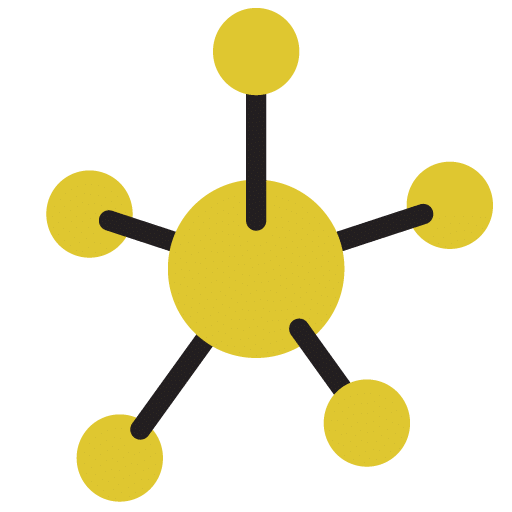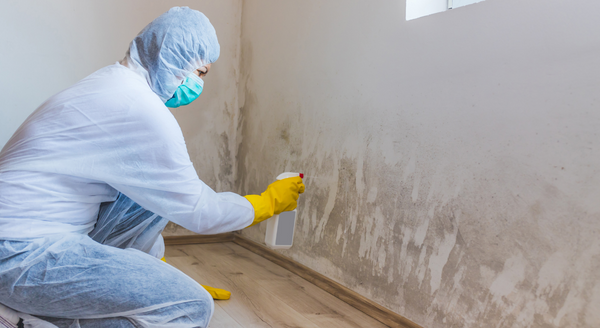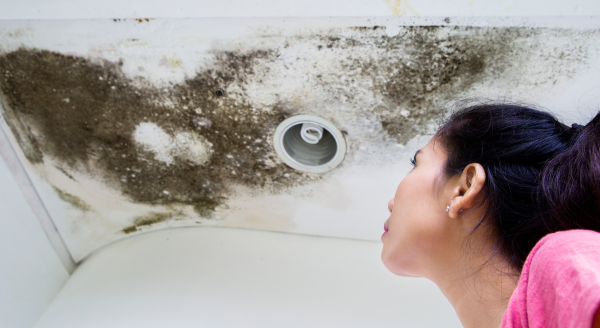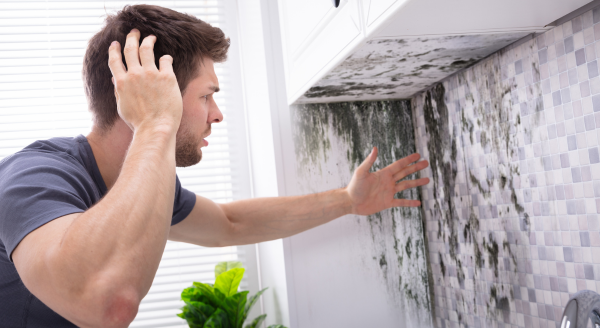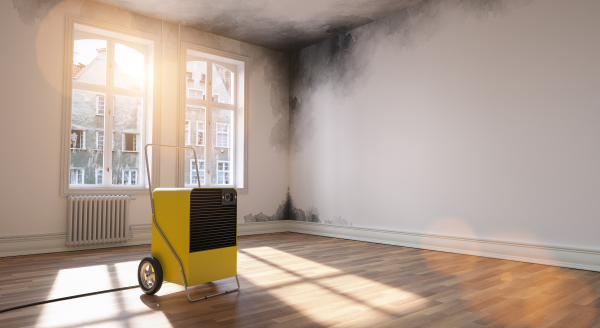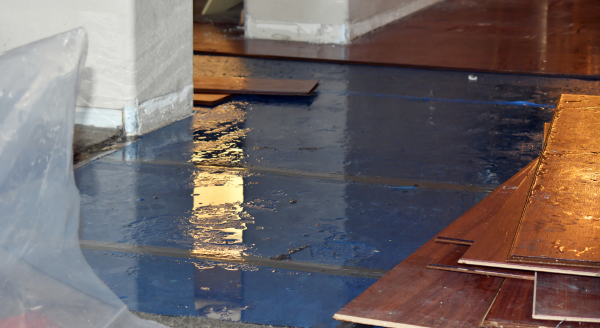Preparing for an upcoming mold project may sound daunting in the beginning as there seems to be many factors to account for. Preparing well is crucial in ensuring the safety of all individuals included in the project. There are a number of things that have to be taken into account when planning for a mold project, from the types of molds that the project will handle to the safety precautions that each member of the team has to undertake.
This article will serve as a guide to share everything that you should know for your next mold project, including different factors to take into consideration, and provide some tips on how to stay safe while working with molds.
How to Prepare for Your Next Mold Job
Know the Field
The first step of preparation is to have a clear understanding of the mold industry. Mold can be found in a variety of industries, from construction to food processing. It is important to know which sector your project will be handling. This way, you can be better prepared for the type of mold that you will encounter.
For example, construction sites often have a high concentration of mold spores due to damp conditions. Food processing plants, on the other hand, need to be extra careful with mold because it can contaminate food products.
Type of Molds
There are a variety of molds that you may encounter when working in the mold industry. Some molds are more dangerous than others. Some common types of mold include black mold, white mold, and green mold. It is advisable to be aware of the different types of molds and their effects on humans.
Understand the Risks
Working with mold comes with a number of risks. It is important to have a full understanding of these risks to be able to take the necessary precautions in every situation. Some of the risks associated with mold include allergic reactions, respiratory problems, and skin irritation.
Mold Allergies
People who are allergic to mold can experience a variety of symptoms when exposed to it. These symptoms can range from mild to severe and can include sneezing, coughing, watery eyes, and difficulty breathing. In extreme cases, mold allergies can lead to anaphylaxis, which is a life-threatening reaction.
Respiratory Issues
Mold can cause a number of respiratory problems, such as asthma attacks, bronchitis, and even pneumonia. People with pre-existing respiratory conditions are especially at risk for these complications.
Skin Irritation
Mold can also cause skin irritation, redness, and rashes. In extreme cases, it can lead to fungal infections.
Take Safety Precautions
Upon understanding the risks associated with mold, it is important to take the necessary precautions to protect yourself and others.
In order to stay safe, always wear personal protective equipment (PPE) when working with mold. PPE includes items such as gloves, goggles, and face masks. It is also important to keep the area well-ventilated to prevent mold spores from becoming airborne.
If the project involves handling a particularly large amount of mold, it is a good idea to have a mold specialist on hand to help with the job. Mold specialists are trained in safely removing mold and can provide valuable assistance during a project.
Choose the Right Products
There are a number of factors to consider when choosing the right products for mold removal. The first is the type of mold you are dealing with. As mentioned, there are different types of mold, and each one requires a different approach. The second factor to consider is the size of the area that needs to be treated. If you are dealing with a large area, you will need to choose a product that can cover the entire space. The third factor to consider is the level of contamination. If the area is heavily contaminated, you may need to choose a product that is much heavier and can handle the job.
Mold removal products come in a variety of forms, including liquids, powders, and foggers. Each type has its own advantages and disadvantages. For instance, liquids are often the most effective at removing mold, but they can be difficult to apply in large areas. Powders are easier to apply, but they are not as effective at killing mold spores. Foggers can be used in both small and large areas, but they are not always as effective as other products.
No matter what type of product you choose, follow the manufacturer’s instructions carefully. Improper use of mold removal products can lead to serious health hazards.
—
Preparing for your next mold job is essential for the safety of you and your team. There are a number of factors to take into account, from the types of molds you will be working with to the safety precautions you will need to take. By following the tips in this article, you will be well equipped for your next mold job!
Looking for a Training Institute?
If you are interested in a career revolving around mold, call us today. The National Environmental Training Institute (NETI) is a state-certified training company offering Mold Remediator and Mold Assessor training. NETI also offers continuing education units (CEU’s), certification, and licensing.
